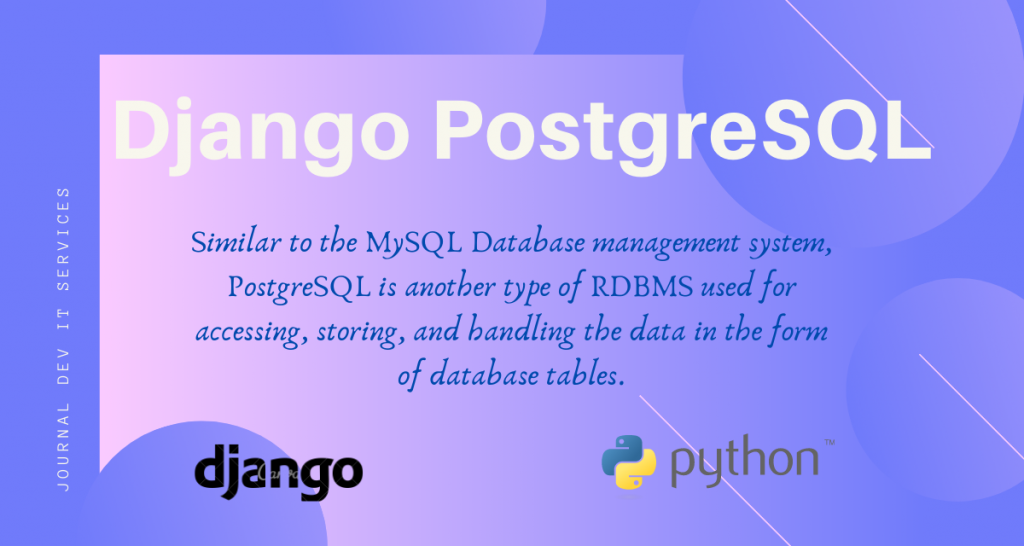

Having covered the basics of PostgreSQL LIKE, let’s now see several usage examples.
Postgresql similar code#
That means that employing ILIKE makes your SQL code less portable, in case you have the need to change your database engine. It does not distinguish between upper and lowercase letters, and therefore you should use it when you don’t care about the case.Īn important thing to keep in mind: the ILIKE operator doesn’t exist in ANSI SQL instead, it’s a specific extension of PostgreSQL. On the other hand, the ILIKE operator is case insensitive-hence the i. it distinguishes between lowercase and uppercase letters. The difference is that the LIKE operator is case sensitive-i.e. When reviewing PostgreSQL code in the wild, you might encounter queries that use the ILIKE operator instead of LIKE and get confused. What Is the Difference Between LIKE and ILIKE in Postgresql? That’s right: if you want to match values that contain a given string, you surround the string with percentage signs ( %). What if you wanted only students whose first name ended with a “k”? Simple, just swap the letter and the wildcard: SELECT id, first_name, last_name, email FROM students WHERE first_name LIKE '%k' Code language: SQL (Structured Query Language) ( sql )Īnother example: let’s match students whose email addresses contain the word “gmail”: SELECT id, first_name, last_name, email FROM students WHERE email LIKE '%gmail%' Code language: SQL (Structured Query Language) ( sql )

there is a functional instance of PostgreSQL installed on your machine.If you want to follow along with the practical portion of the post, keep in mind that the post assumes the following: So, before wrapping up, we’ll walk you through several examples of the LIKE operator in practice. To paraphrase that famous movie, though, only theory and no practice make this a dull post. how it differs from the LIKE operators in different database engines.what PostgreSQL LIKE does, and why you’d want to use it.By the end of the post, you’ll have learned: If you want to learn more about PostgreSQL LIKE, you’ve come to the right place, since this post is all about this operator. If you’re a PostgreSQL user, you will use the PostgreSQL LIKE operator for that.

Postgresql similar update#
You might want to retrieve all students whose last name starts with a given letter or update all products whose ids include a particular string. When using databases, searching for values that match a given pattern is a familiar necessity.


 0 kommentar(er)
0 kommentar(er)
